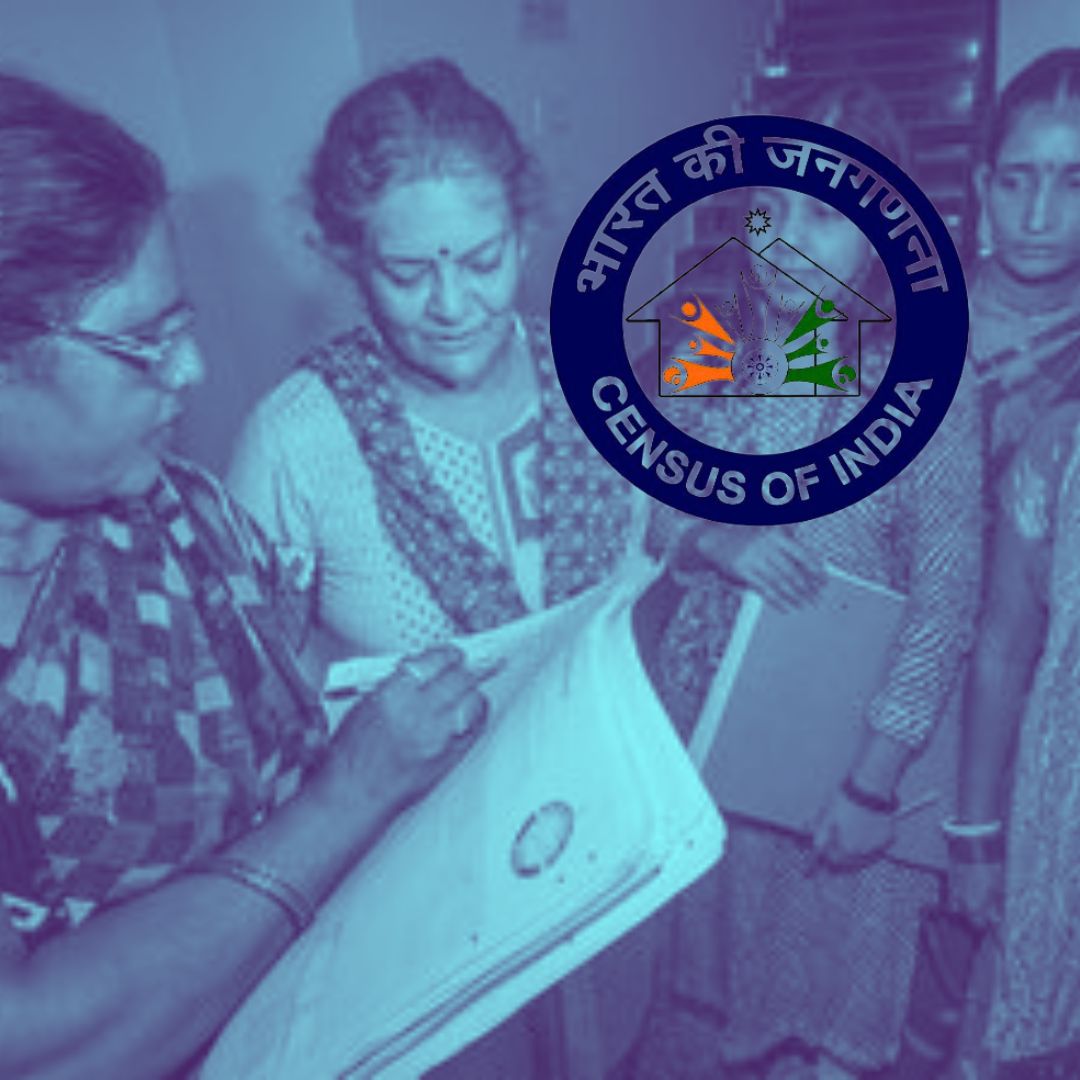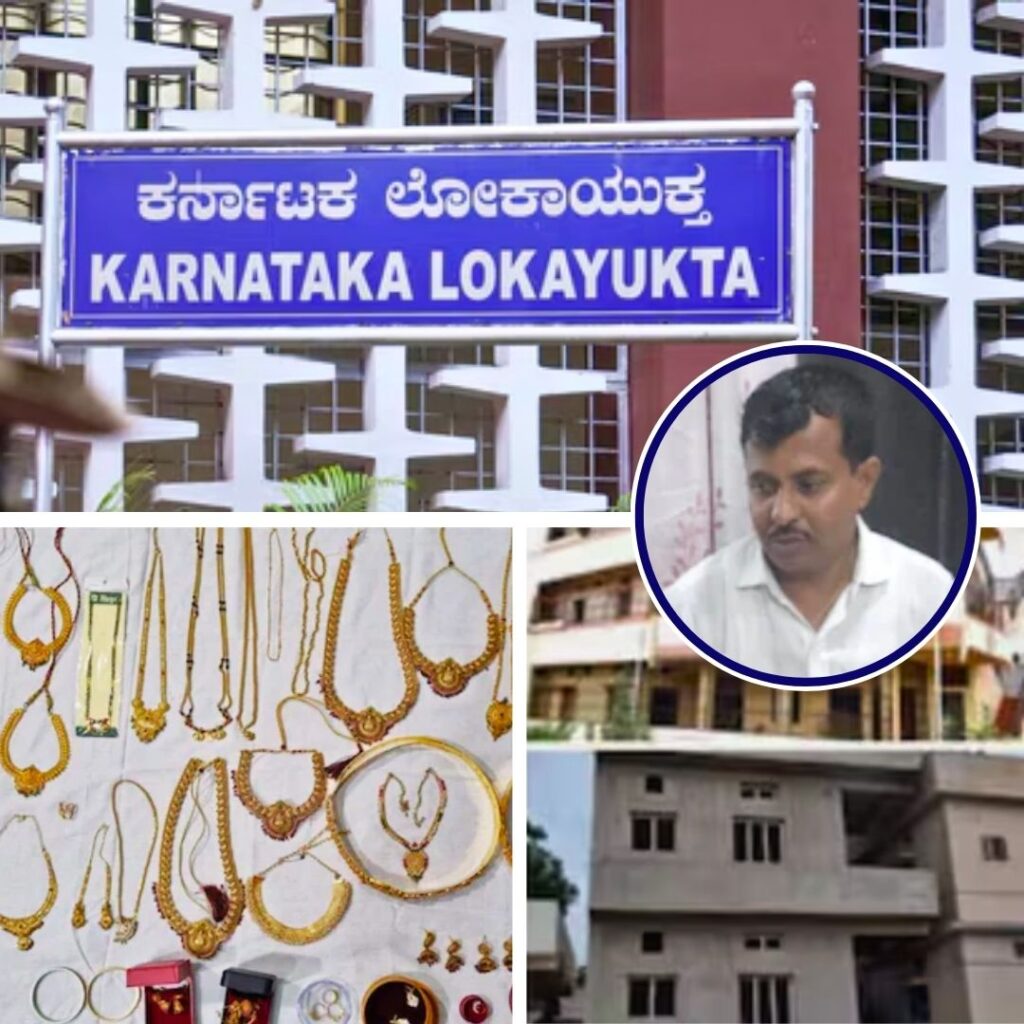The Census of India is set to begin in 2025 and is expected to be completed by 2026, following significant delays caused by the COVID-19 pandemic. The delimitation process will commence after the census and is projected to conclude by 2028. This timeline has raised concerns among opposition parties regarding electoral representation and the need for a caste census. Stakeholders emphasize the importance of accurate census data for effective governance and resource allocation, highlighting the necessity for transparency and community involvement.
Census Timeline and Implications
The Union Home Ministry has confirmed that the Census will commence in 2025, marking a pivotal moment for updating India’s demographic statistics after a long hiatus since 2011. This census is essential for various sectors, including healthcare and education, as it provides necessary data for policy-making. The delimitation of electoral boundaries is set to be completed by 2028, which will further influence political representation across the country. Recent discussions have seen opposition parties voicing concerns about potential biases in the census process and its implications for fair representation in upcoming elections.
Background and Delays
Initially scheduled for 2021, the Census faced postponements due to the pandemic, which disrupted data collection efforts. The last census conducted in 2011 revealed significant demographic shifts that necessitate this upcoming survey. Experts have pointed out that timely data collection is vital for addressing emerging social issues and ensuring government policies reflect current realities. Civil society organizations have raised alarms regarding transparency and inclusivity in the census process, advocating for community engagement to ensure all voices are heard. The recent announcement has reignited discussions about the importance of accurate data in shaping India’s future policies.
News in Q&A
1. What is the timeline for the upcoming Census of India?
The Census of India is scheduled to begin in 2025 and is expected to be completed by 2026, marking an update after the last census was conducted in 2011.
2. Why was the Census postponed, and what are the implications of this delay?
The Census was initially set for 2021 but faced delays due to the COVID-19 pandemic. These postponements have raised concerns about the accuracy of demographic data and its impact on governance and resource allocation.
3. What role does delimitation play in this process?
Delimitation involves redrawing electoral boundaries based on population changes revealed by the census. This process will begin after the census is completed and is expected to be finalized by 2028, influencing political representation across India.
4. How are stakeholders reacting to the announcement?
There has been a mixed response from stakeholders. While some emphasize the importance of accurate census data for effective policy-making, opposition parties have expressed concerns about potential biases and the impact on electoral representation.
5. Why is community involvement important in the census process?
Community engagement is crucial to ensure that all voices are heard and represented in the data collection process. Transparency and inclusivity will help build trust and ensure that the census accurately reflects India’s diverse population.
The Logical Indian’s Perspective
At The Logical Indian, we believe that an accurate and timely census is fundamental for fostering inclusivity and informed governance. As India prepares for this significant undertaking, it is imperative that all voices are heard and represented in the data collection process. We urge stakeholders to prioritize transparency and community involvement to ensure fair representation of diverse populations. How can we ensure that every community participates fully in this vital exercise? Your thoughts and insights are welcome as we engage in this important dialogue.











